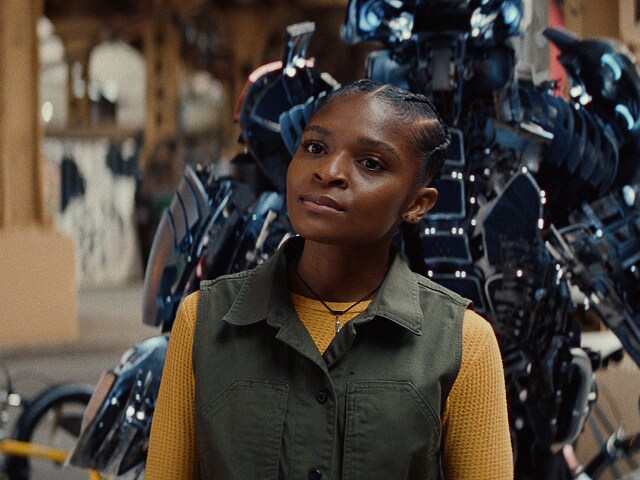Christine Leunens, interview creator of Jojo Rabbit
Next novel will be set in Italy
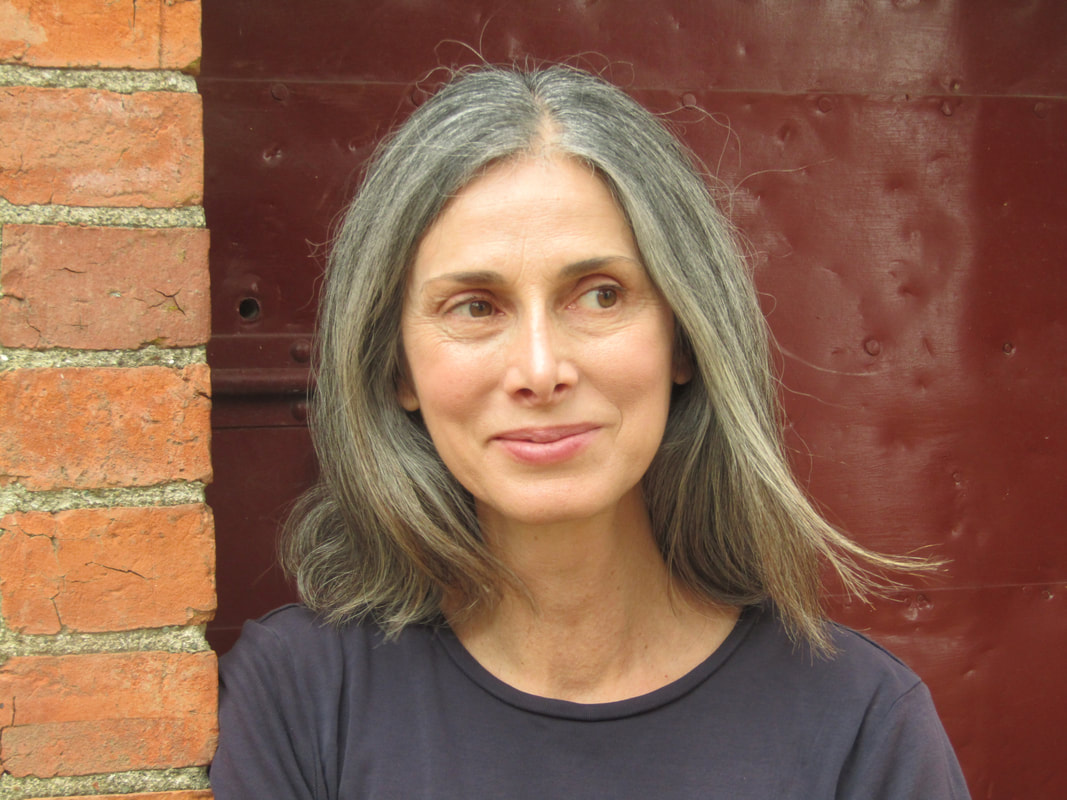
Leunens is the author of the critically acclaimed novel Caging Skies, set during World War II. The novel was adapted into the Oscar-winning film Jojo Rabbit. The young protagonist joins the Hitler Youth, but as the story progresses, he realizes the errors and horrors of the ruthless ideology. How did you develop the character of Johannes Betzler, a deeply complex figure who embodies the contradictions of his time?
I started out by shaping Johannes’ character as a happy eight-year-old boy in Vienna, who enjoys riding his bicycle and flying his kite, then progressively changed aspects of him as he experiences NAZI indoctrination, Hitler Youth camps, the horrors of war. Having him discover that his parents are hiding a young Jewish woman in his home was the pivotal point where I could bring out the complexities and contradictions of his thoughts and feelings.
In your first novel, Primordial Soup (published in 1999), you explore the identity of the young protagonist, earning critical acclaim. Kate experiences conflict with not only her mother but also with food and her own body. Her experience could be that of many young women today, making the themes of Primordial Soup extremely relevant. If you were to review your novel twenty-five years later, what would you say made it so successful, apart from your talent for writing it?
Kate has an original take on the world, seeing it entirely from the point of view of food – even seeing herself and others as meat. To her, sexuality is a second hunger that plagues her as she goes from childhood to adolescence. The appeal, I think, comes from seeing aspects of life we usually don’t think twice through the eyes of a child who challenges their ‘normalness’. It provokes thought and laughter, especially as Kate says things with such raw honesty.
In Amber's Wake, published in 2022, you describe a love triangle in which the protagonist, Amber, finds herself torn between two suitors: One suitor is Stuart, who is more mature than the protagonist; the other is Ethan, who has always been in love with Amber. You describe generational conflict, the purity of first love, and the struggle between the two men to win Amber's heart. You develop the narrative by interweaving the present and the past. How much do you think generational inheritance influences subsequent generations' future choices?
Immensely. Pain, suffering, trauma get passed on, both on collective and individual levels. Childhood leaves such strong impressions on us all and it’s nearly impossible for the scars of the past not to leave some sort of mark or residue on our own lives. The impact can be incredibly diverse – engaging in the totally opposite direction, a continuation of the same against all reason, a closing in mentality favouring isolation and distrust, extremism... Somehow the present is but the living, if not surviving, part of the past.
For a writer, each protagonist could represent a part of themselves. Is there a character created by Christine Leunens to whom she feels more attached?
I become attached to all my characters, having spent years with them, but I do have a special place in my heart for Amber. Because of her big dreams for a better world, her caring so much about others, her family situation that she hides. I probably have a particularly soft spot for her too because of how she intuitively follows her emotions until these enmesh her in realities there’s no way to escape from, besides doing unthinkable acts.
Who is Christine Leunens as a woman and as a person? Does she have a hobby she can share with her fans?
Through my writing I try to get people to understand and empathise with each other more, to bring humour into the ups and downs of life. At home, I’m very much the same person in how I think and act, so there’s not really a gap between myself as a writer and as a person or a woman. Outside of writing and family time, I play violin in a French conservatory orchestra. The music is wordless, which gives me respite from words, and rehearsals are a collective effort, which gets me out of my solitary work as a writer. We each contribute towards something much bigger than us, which I also like.
You describe in depth the difficulties and problems experienced by families at times, as in Amber's Wake, where Ethan was unaware of Amber's family secret. This alternates with an important historical reconstruction, as in Caging Skies. How important is it for an established writer to research the history, settings, characters, and social context of their work?
I feel that to grasp any given human being, whether a real living person or a character, one needs to understand the time, place and social intricacies of their world and how they react to these intellectually, practically and emotionally. History is only history after so many years have passed. At the time, it’s simply life, lived. A reader needs to discover ‘history’ not as ‘history’, but as life itself in its immediacy.
Your next novel will probably explore the protagonists' history and dynamics with the same depth as your previous novels. Are you working on a project you can tell us about?
The new novel I’m working on takes place in South Italy in 1998 and explores the dynamics, trauma and struggles of four generations of the same family. The challenge is always to bring out this contextual richness but then slim it down so that the dramatic tension is always there, and the story itself remains at the forefront.
© All rights reserved
You Might Be Interested
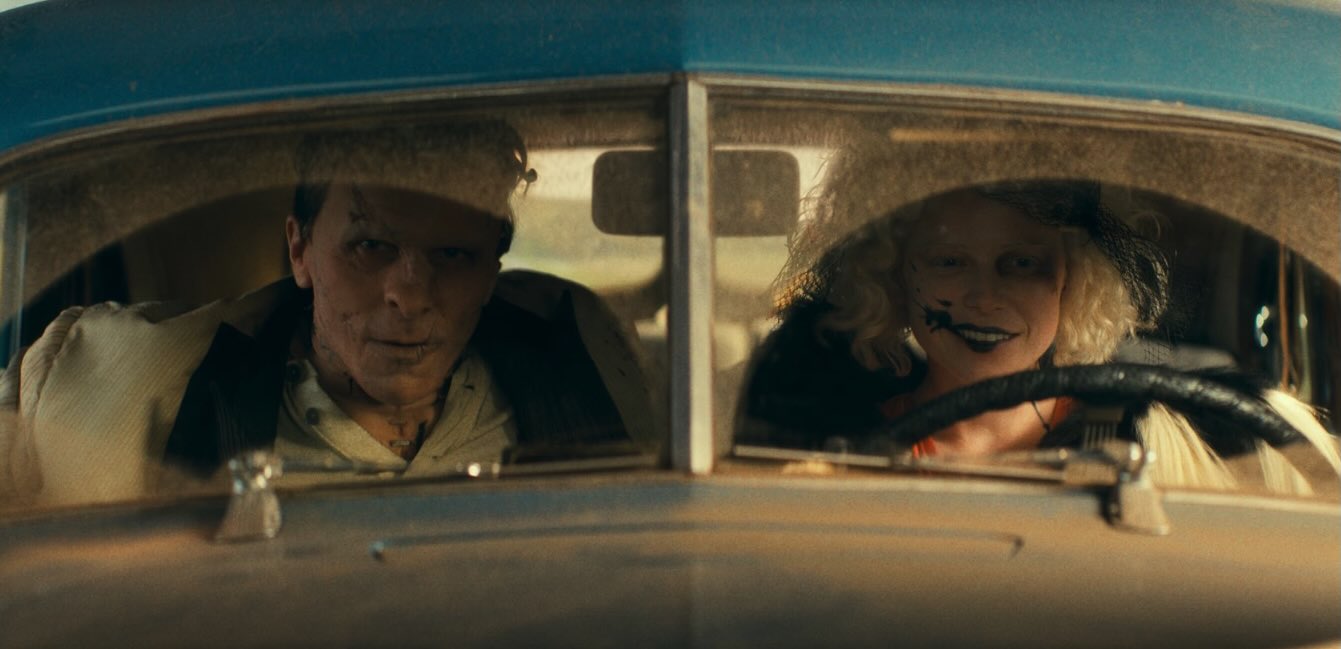
The Bride! with Penélope Cruz, Christian Bale and Jessie Buckley
Maggie Gyllenhaal directs the new version of the Bride of Frankenstein, in theaters March 6, 2026
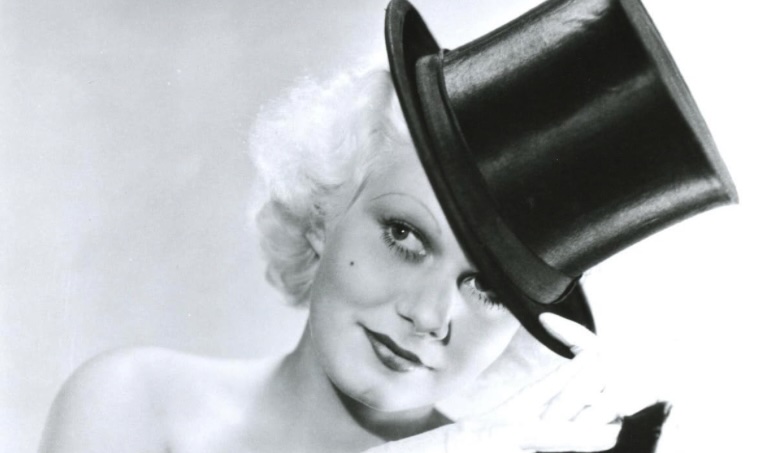
Jean Harlow: The Brief Story of a Rapid Rise
Iconic Actress of 1930s Hollywood Cinema, Born March 3, 1911

Thriller movie The Gates, friends trapped with Mason Gooding and James Van Der Beek
Discover the new The Gates, the thriller movie with Mason Gooding, Algee Smith, James Van Der Beek. Plot, cast, trailer
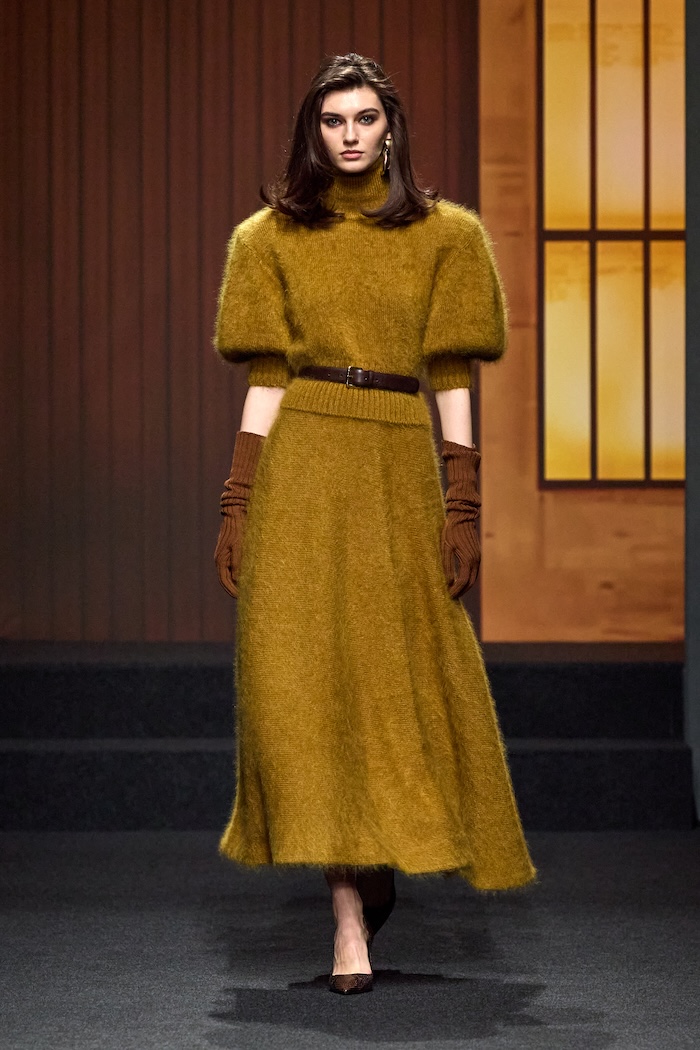
Luisa Spagnoli Fall - Winter 2026: A Tribute to 80s and 90s New York

Milan Fashion Week 2026: FENDI’s Vision for FW26-27
FENDI at Milan Fashion Week 2026: Embracing Collective Creativity and Authentic Desire
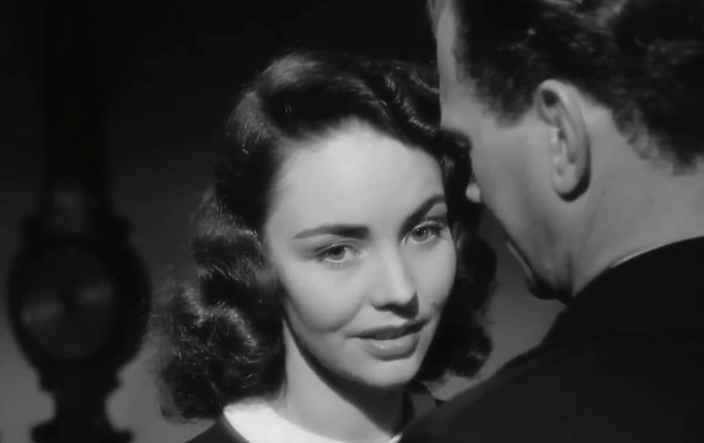
Jennifer Jones: Key Figure in Classic Hollywood Cinema
Oscar-winning Actress, Born March 2, 1919
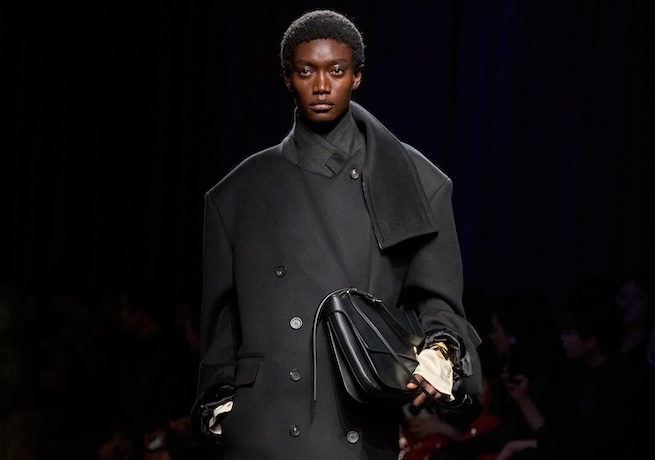
Salvatore Ferragamo Collection, Fall-Winter 2026-2027
Salvatore Ferragamo Collection, Fall-Winter 2026-2027 at Milano Fashion Week
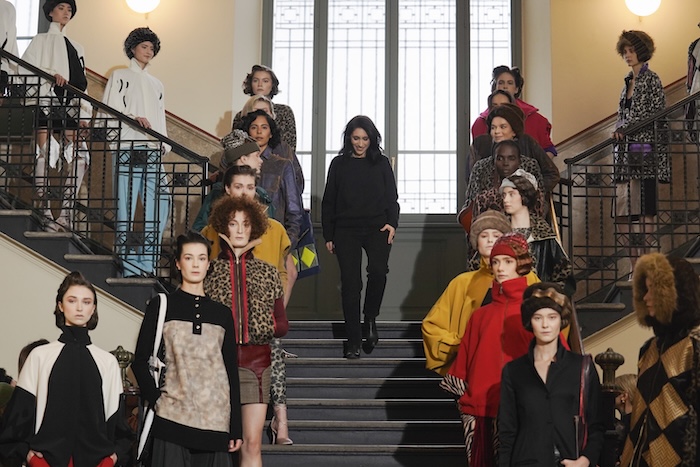
Milano Fashion Week, Francesca Liberatore Runway Show AW 2026 -27
“Because pupils accustomed to copying. May invent the worlds at which they look”


